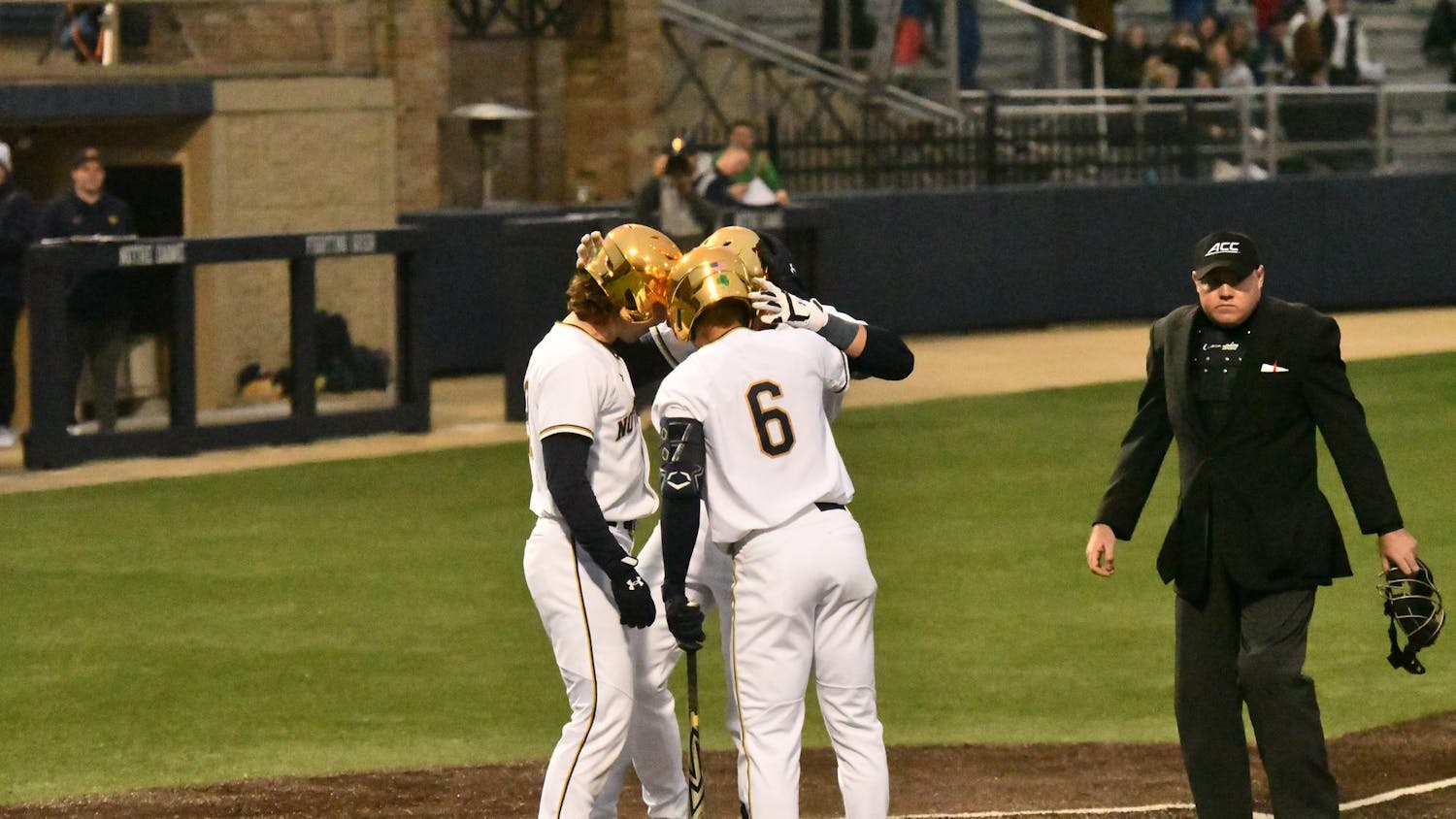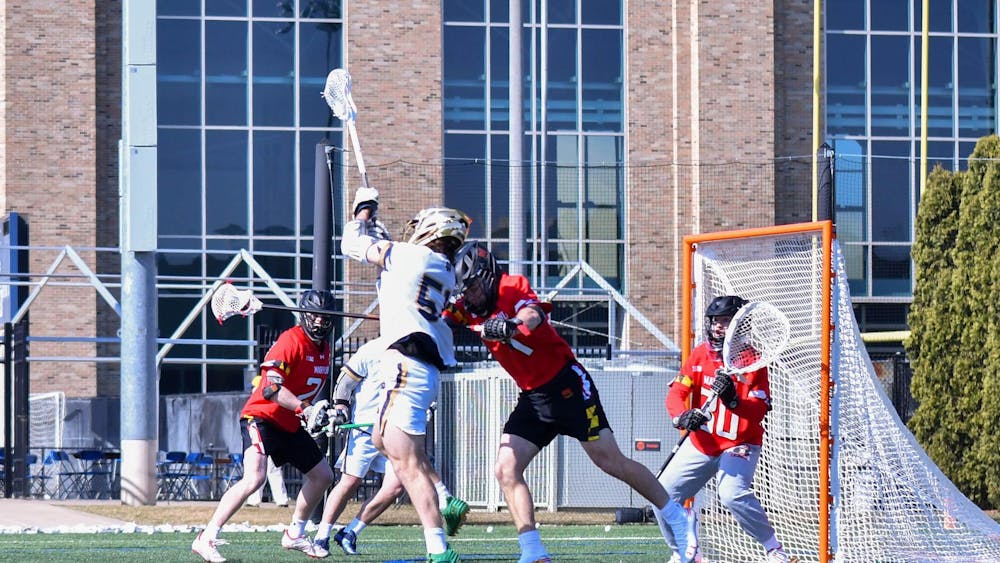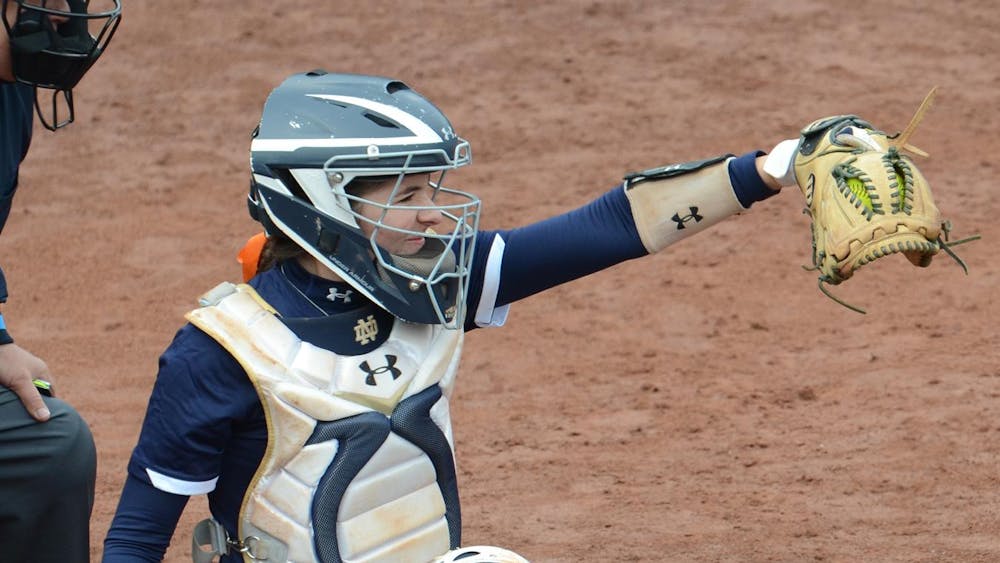As a fantasy football enthusiast, I am a fan of the TV show "The League." In a recent episode there was a plotline that went something like this:
A character calls onto a fantasy football radio show asking for advice on whether to play a certain player or his backup. The experts on the show tell him to go with the first player because he is rated higher. The character puts him in the starting lineup, but the backup actually gets more points. The character calls back onto the show to complain, but the show’s hosts rib him instead, calling him a “rankings slave.”
This simple TV show bit highlights a larger issue that many in the sports world contribute to: the need for rankings.
This phenomenon is evident everywhere. Every year, the week after the NCAA college football or basketball championship game, ESPN puts out a “Way-Too-Early Top 25” predicting what the next season (which is a year away) will bring.
ESPN also puts out weekly power rankings for every major sport, seemingly for the sole purpose of providing fans of certain teams an article on which they can leave angry comments because their beloved Jacksonville Jaguars were ranked last instead of second-to-last or something along those lines.
Radio show hosts use rankings to fill whole segments during slow news days, whether it be ranking the best NFL quarterbacks of all time or the worst uniforms.
And fans everywhere only feed the flames. We are all guilty of it when we wait with baited breath to hear how much farther our team has moved up in the coaches’ poll, as if it matters two weeks into the year.
Maybe there is just something embedded within our human nature that compels us to seek hierarchical structures in our environment. Often when we are passionate about something, we seek to compare it to other similar things.
However, it is time for us to cease being “ranking slaves.”
Go with your gut this week in your fantasy sports league. Put in that backup tight end you have a hunch about. Fantasy games (and real games, for that matter) are not won by which team looks the best on paper.
Don’t look at preseason rankings, or if you do, at least read them with a grain of salt. Since 1985, Sports Illustrated has only predicted the national champion correctly four times. Four times. Out of 30 years. That’s good for 13 percent.
And even now, does anyone honestly think the AP top 25 is even close to fully accurate with just two games to go judge? Injuries happen, teams collapse and no one will remember who was picked to win in week one.
The NCAA even changed its whole system because some people thought the BCS ranking system wasn’t good enough. Now we have a former Secretary of State weighing in on whether Jacksonville State is a better team than Alabama Birmingham based on which team had a tougher strength of schedule.
If that’s not a sign that it’s come too far, I don’t know what is. The debates will happen, they always do. All I’m saying is wait until the rankings actually matter — at the end of the season.













